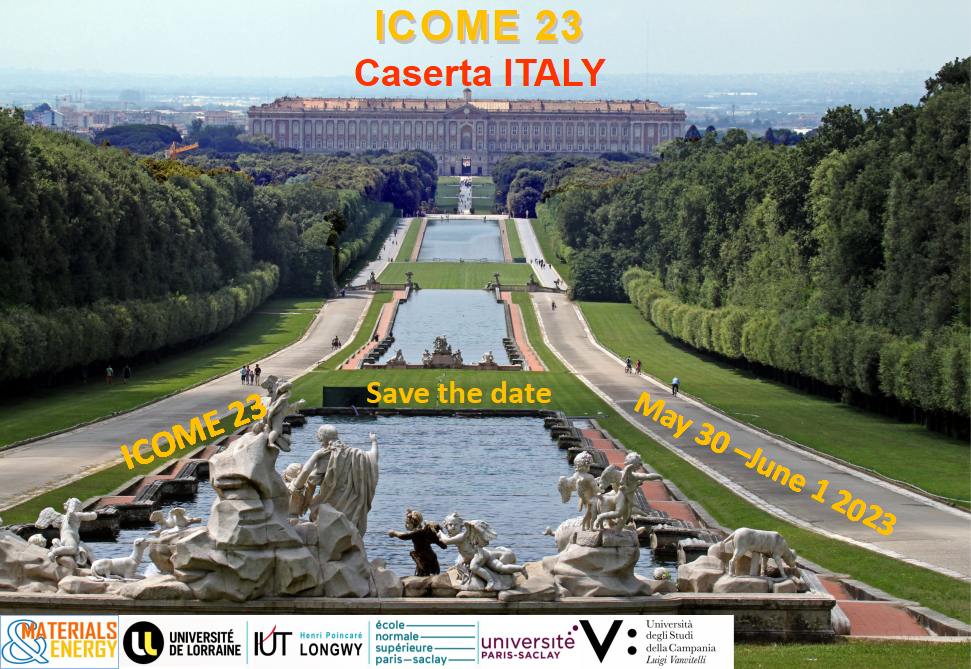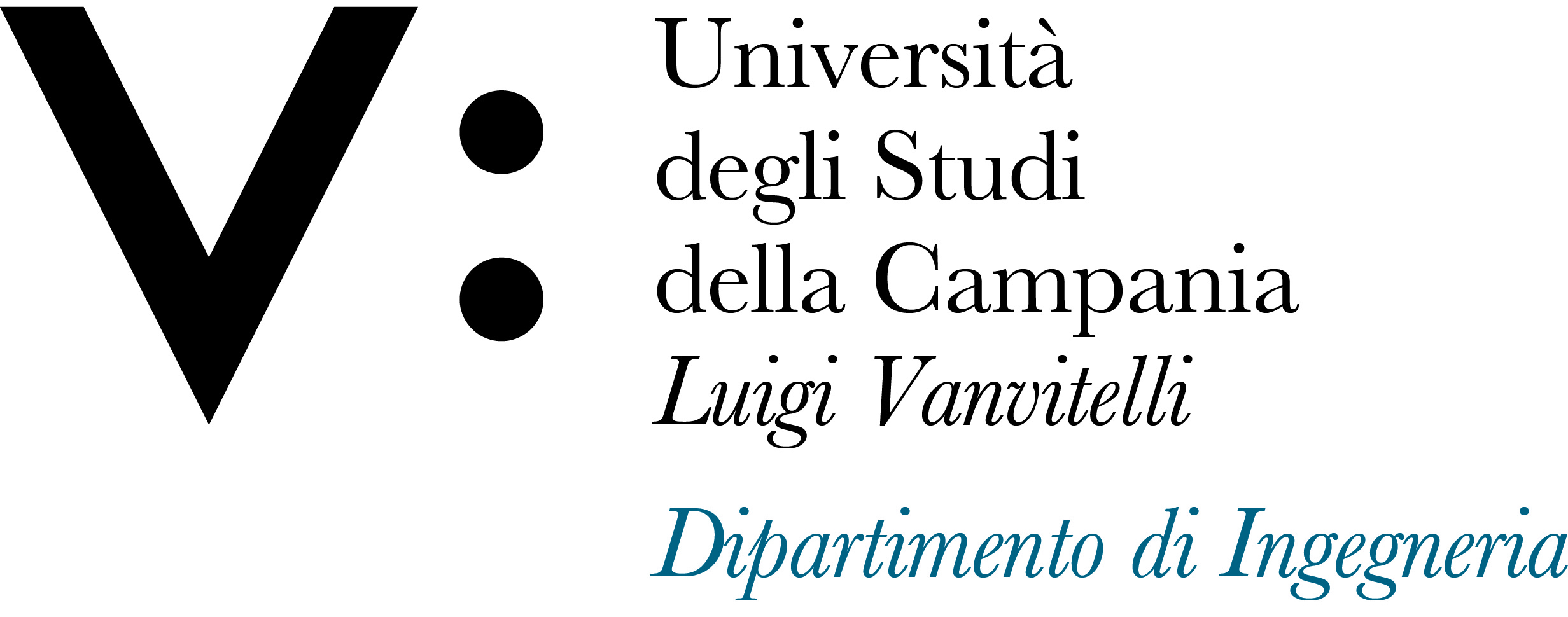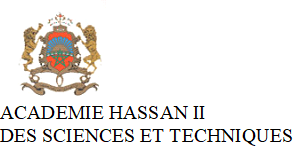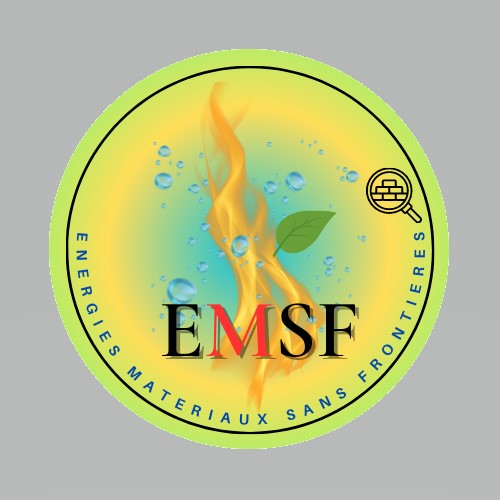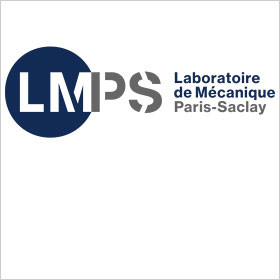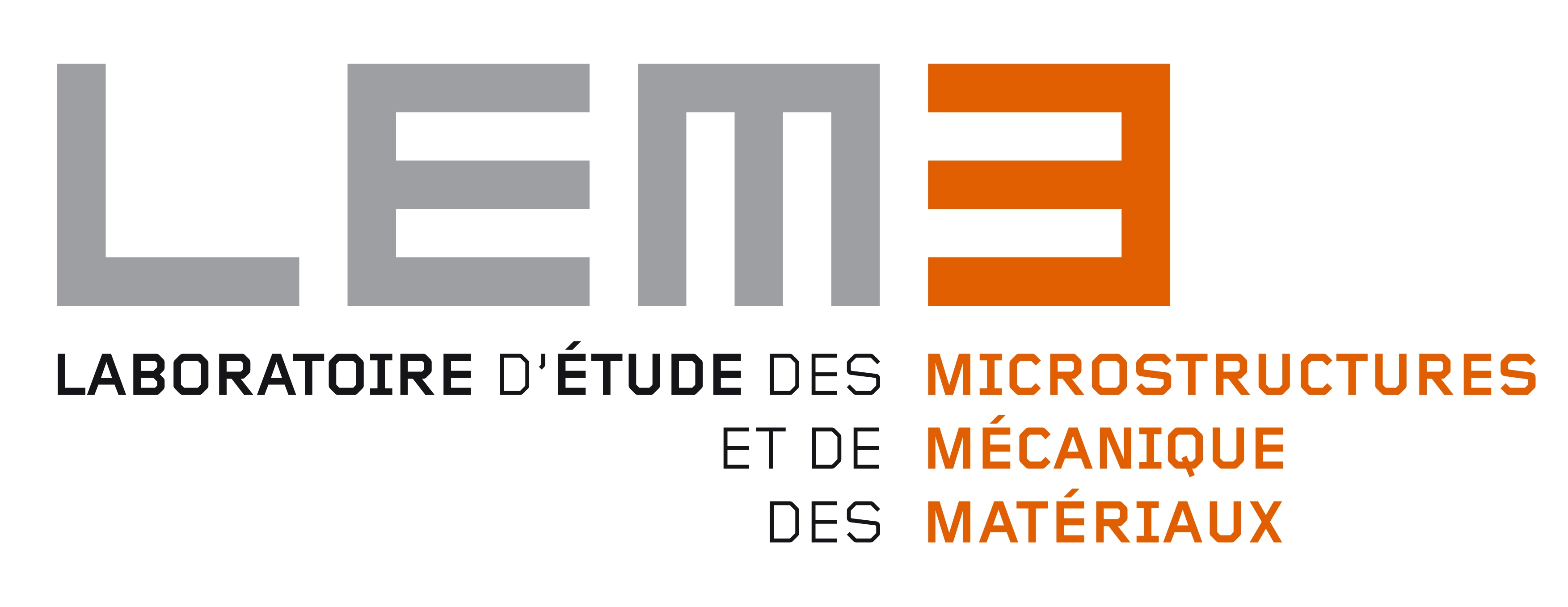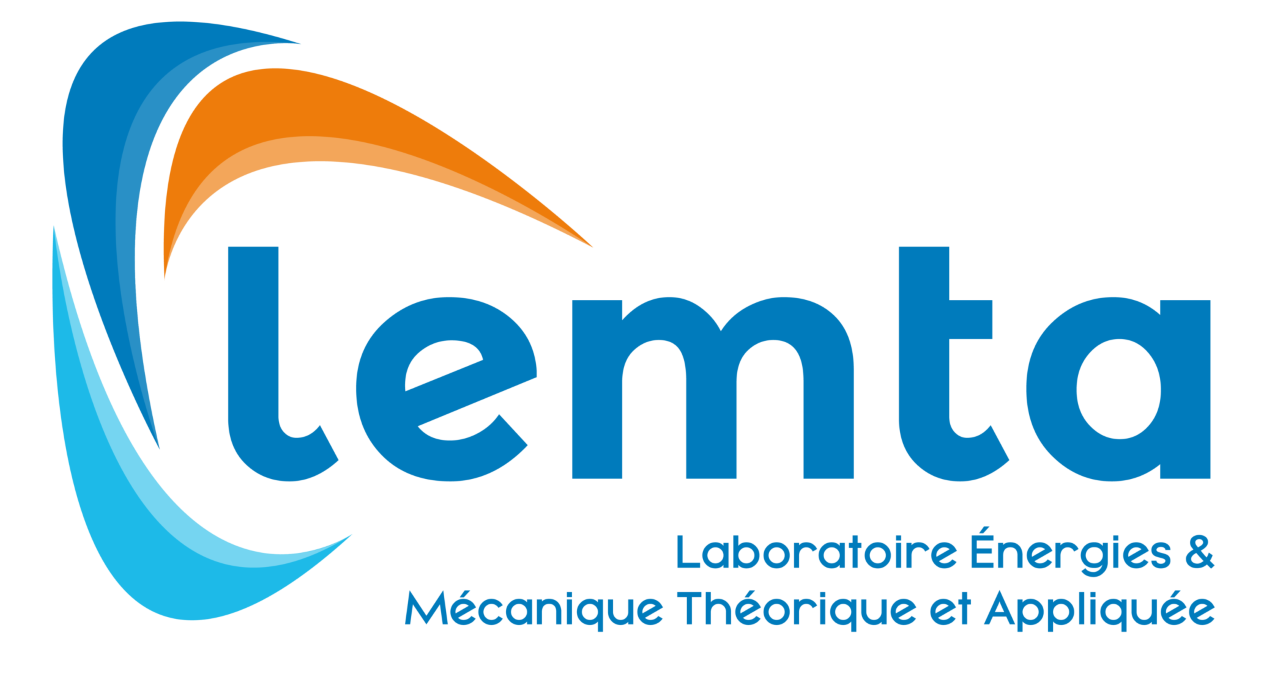Prof. Petronia Carillo
University of Campania “L. Vanvitelli” ITALY
Petronia Carillo is a Full Professor of Agronomy at the Department of Environmental, Biological and Pharmaceutical Sciences and Technologies of University of Campania “Luigi Vanvitelli” Caserta Italy since 2020. She was Associate Professor of Plant Physiology (2010-2020) and permanent Researcher of Plant Physiology (1999-2010) at the Department of Life Sciences, Second University of Naples, Italy. She received her Ph.D. in Plant Physiology from the University Federico II of Naples in 1996, studying the relationship between nitrogen and carbon metabolism in plant cells. She received her degree with distinction in Biology from the University Federico II of Naples in 1992. She was Visiting Scientist in September 2017 and June 2018 at the INRA (UMR 1332 - Biologie du Fruit et Pathologie) Bordeaux Aquitaine France; Visiting Professor (Erasmus+ program) at the Plant and Agrobiosciences Center (PABC) of the National University of Ireland Galway in June 2015; Visiting Scientist in 2001-2020 (2-4 months per year until 2010 and shorter visits in 2011-2020) at the Max Planck Institute of Molecular Plant Physiology of Golm-Potsdam Germany, and in in 2001 (4 months) at the Botanical Institute, Ruprecht-Karls-University of Heidelberg Germany. She teaches Agronomy, Plant physiology and Post-harvest physiology. She is member of editorial board for international journals (Frontiers in Plant Science, Agronomy, Plants), and has been reviewer of research projects for international programs (FP7-KBBE 2008, 2009, 2010; ANR, France 2010, 2014; ERA-CAPS 2012, 2013; BMBF 2010, 2013, 2015, 2017). She has thirty years of research experience in laboratory and a strong background and knowledge in crop physiology, enzymology and metabolic profiling. She has studied the metabolic and physiological responses of species of agronomic interest to nutrient deficiency, salt stress, type of cultivation. Recently, she has focused her studies on the effects of biostimulants on the resource efficiency, growth yield, quality and stress tolerance of crop plants. She has authored more than 100 scientific publications and has been ranked in the Stanford University list of top 2% scientists worldwide published by PLOS Biology.

